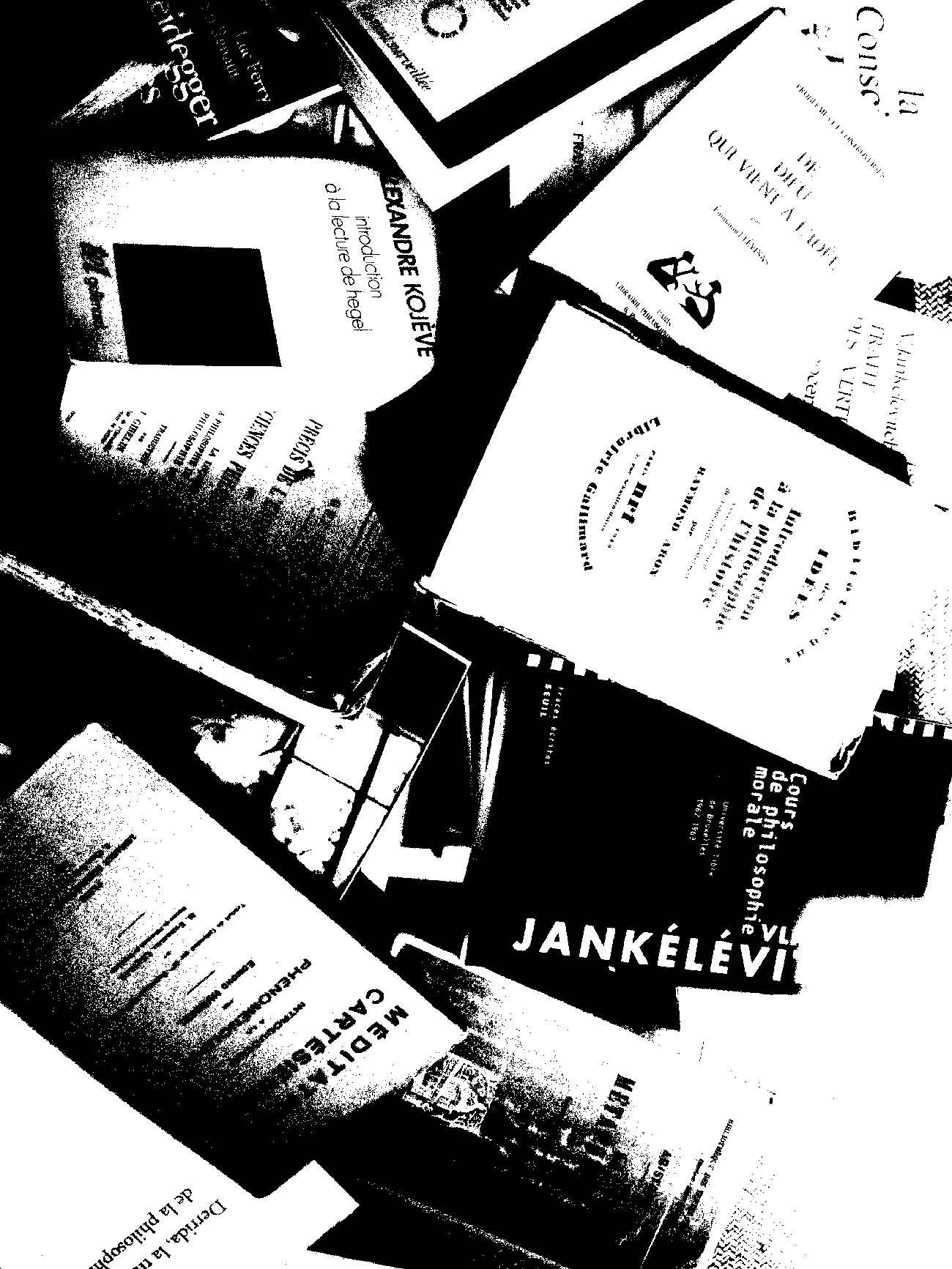Purple Magazine
— F/W 2008 issue 10
Spinoza’s Ethics
In these disorienting times we need philosophical direction, not trendy theories. BERNARD-HENRI LÉVY, the French philosopher and star journalist, selected a text directly from the public domain for this new section of Purple. He chose an extract from a work he feels addresses something crucial about today’s world. He introduces an extract from BARUCH SPINOZA’s ETHICS, 1677,translated from the Latin by R.H.M. ELWES in 1883.
What purpose does philosophy serve? Well, let me tell you. To make the distinction, as in this case, between feeble passions and strong passions, sad passions and passions that give joy — between passions that enhance our potential being, dilate it, confer a higher perfection on it and those that, on the contrary, lead it to a lesser perfection, make it gloomier, tetanize it, paralyze it. Warning to the depressed, the saturnine, and other melancholics. Warning to men and women who take their…
